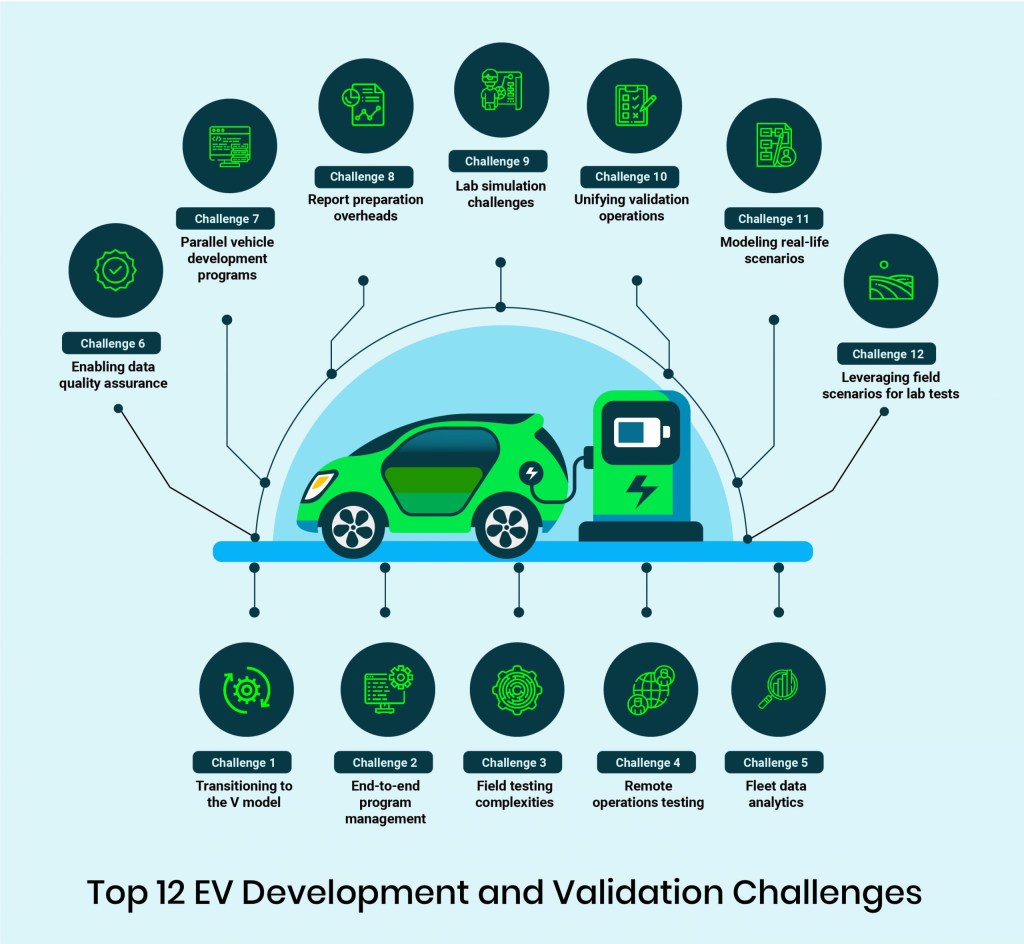Revolutionize The Future: Unleashing The Power Of Electric Vehicles Enabling Technology
Revolutionizing Transportation: The Power of Electric Vehicles Enabling Technology
Electric vehicles enabling technology has emerged as a game-changer in the automotive industry, ushering in a new era of clean and sustainable transportation. As a passionate advocate for environmentally-friendly innovations, I have been captivated by the remarkable advancements in electric vehicles and their potential to reshape the way we commute. In this article, I will delve into the captivating world of electric vehicles enabling technology, exploring its significance, benefits, and the impact it has on our planet.
What is Electric Vehicles Enabling Technology?
Electric vehicles enabling technology encompasses the various systems and components that power and support the operation of electric vehicles. These technologies are designed to enable and enhance the performance of electric vehicles, enabling them to efficiently convert electrical energy into mechanical energy, ensuring smooth acceleration, extended range, and reduced emissions. From advanced battery systems to regenerative braking, electric vehicles enabling technology is revolutionizing the way we drive.
2 Picture Gallery: Revolutionize The Future: Unleashing The Power Of Electric Vehicles Enabling Technology


Who is Driving this Revolution?
The electric vehicles enabling technology revolution is driven by a diverse range of stakeholders, including automotive manufacturers, technology companies, and policymakers. Companies like Tesla, Nissan, and BMW have taken the lead in developing cutting-edge electric vehicles with state-of-the-art enabling technology. Additionally, advancements in battery technology by companies like Panasonic and LG Chem have played a crucial role in enhancing the range and performance of electric vehicles. Governments worldwide have also recognized the importance of electric vehicles and are implementing policies and incentives to accelerate their adoption.
When and Where Did it All Begin?

Image Source: fraunhofer.de
The concept of electric vehicles has been around for centuries, with the first electric vehicle prototype dating back to the 1820s. However, it was not until recent years that electric vehicles enabling technology has undergone significant advancements, making electric vehicles a viable and practical alternative to conventional vehicles. The breakthroughs in electric vehicle technology have primarily occurred in countries like the United States, Japan, and Germany, where research and development in this field have been prioritized.
Why Should We Embrace Electric Vehicles Enabling Technology?
Electric vehicles enabling technology offers a myriad of benefits that make them an attractive option for both drivers and the planet. Firstly, electric vehicles produce zero tailpipe emissions, reducing air pollution and improving air quality in urban areas. Secondly, electric vehicles are more energy-efficient than conventional vehicles, allowing us to utilize our energy resources more effectively. Moreover, electric vehicles enable us to reduce our dependence on fossil fuels, leading to a significant reduction in greenhouse gas emissions and combating climate change.
How Does Electric Vehicles Enabling Technology Work?
Electric vehicles enabling technology relies on a combination of components and systems to convert electrical energy into mechanical energy. The heart of electric vehicles is the battery pack, which stores electrical energy and powers the electric motor. The electric motor, in turn, drives the wheels and propels the vehicle forward. Regenerative braking technology allows electric vehicles to recover and store energy that is typically lost during braking, increasing overall efficiency. Sophisticated charging infrastructure and smart grid integration also play a vital role in ensuring convenient and sustainable recharging of electric vehicles.
Frequently Asked Questions about Electric Vehicles Enabling Technology

Image Source: iasys.co.in
Q: How long does it take to charge an electric vehicle?
A: The charging time for electric vehicles varies depending on factors such as the battery capacity, charging station power, and charger type. Generally, it can take anywhere from 30 minutes to several hours to fully charge an electric vehicle.
Q: Are electric vehicles more expensive than conventional vehicles?
A: Electric vehicles tend to have a higher upfront cost compared to conventional vehicles. However, lower operational and maintenance costs, along with potential government incentives, can offset this initial investment over time.
Q: What is the range of an electric vehicle?
A: The range of an electric vehicle refers to the distance it can travel on a single charge. Electric vehicles with advanced battery technology can achieve ranges ranging from 200 to over 400 miles on a single charge.
Exploring the Pros and Cons of Electric Vehicles Enabling Technology
Electric vehicles enabling technology offers numerous advantages, including reduced emissions, improved energy efficiency, and potential cost savings. However, there are also some challenges to consider. One of the main concerns is the limited availability of charging infrastructure, which can make long-distance travel more challenging. Additionally, the production and disposal of electric vehicle batteries raise environmental concerns. However, efforts are underway to develop sustainable battery recycling and disposal methods to mitigate these issues.
Conclusion: Driving Towards a Greener Future
As I reflect on my experience with electric vehicles enabling technology, I am filled with optimism for a greener and more sustainable future. The remarkable advancements in electric vehicle technology have allowed us to reimagine transportation and strive towards a world where emissions are minimized, energy is utilized efficiently, and our reliance on fossil fuels is diminished. With continued research, development, and investment in electric vehicles enabling technology, we can accelerate the transition towards a cleaner, healthier, and more environmentally-friendly transportation system. It is my utmost recommendation that we embrace and support this revolutionary technology as we pave the way towards a greener tomorrow.
This post topic: Electric Car Technology
